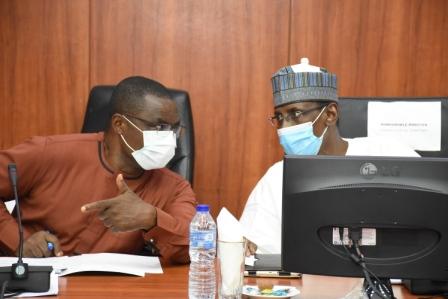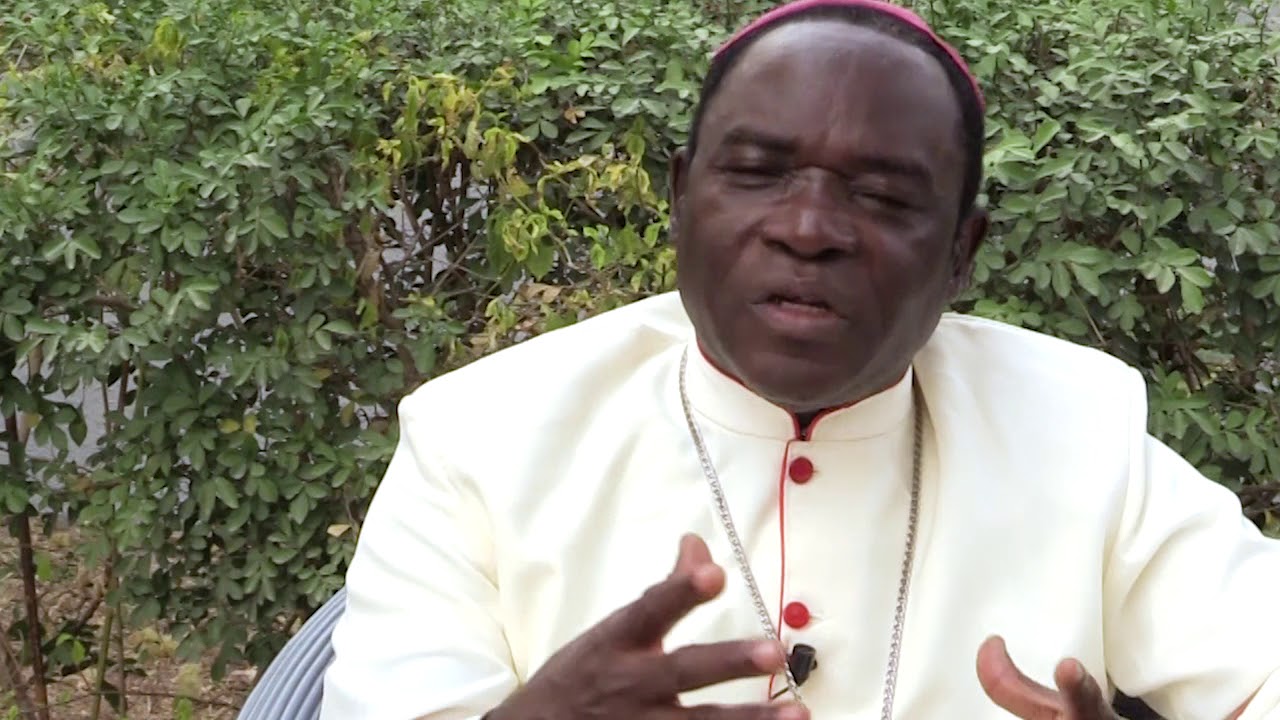Community Policing: CP Submits Modalities For Implementation
The implementation of the Community Policing Policy in the FCT moved a major step forward with the submission of the modalities for implementation of the Programme by the FCT Commissioner of Police during the FCT Security Committee Meeting held on the 6th of August 2020.
During the meeting which was chaired by the Hon. Minister of the FCT, Malam Muhammad Musa Bello, the FCT Police Commissioner, Mr Bala Ciroma said that following the directives by the Federal Government for the engagement of Special Constabularies for Community Policing nationwide, and the subsequent inauguration of the FCT State Community Advisory Committee, by the Hon. Minister of the FCT, the Committee met and came up with modalities that will guide its implementation.
The Commissioner of Police said that the main functions of the Community Constabularies will be crime detection and prevention, settlement of low-level civil disputes and petty crimes, criminal intelligence gathering and dissemination to the local police commanders, dealing with minor offences and social vices, assist in traffic management and school safety duties amongst others.
According to Mr Ciroma, the Community Constabularies are also to operate only within the communities in which they are recruited and are not permitted to operate outside of these locations adding that the Police Force will train the volunteers and provide them with uniforms and means of identification.
While commending the Commissioner of Police and the Community Policing Advisory Committee of the FCT, the FCT Minister called for a functional and equitable distribution of the volunteers across the FCT based on the needs of the communities. He also called for the active involvement of the Area Council Chairmen and Traditional rulers in the recruitment and deployment processes.
The Security Committee also received a brief from the Health and Human Services Secretariat presented by the Director of Public Health, Dr Josephine Okechukwu who disclosed that the major challenges facing the health authorities in the FCT are the issues of self-denial of the disease and lack of adherence to health protocols by many residents of the FCT.
She also said that there were imported cases into the FCT from other states as well as from returnees from outside of Nigeria. She also called for more active involvement of the Area Councils and traditional institutions in the fight against the virus in the FCT.
Amongst other issues, the meeting also discussed matter relating to farmers/ herders clash which according to the security authorities has largely been resolved and steps being taken to tackle issues of banditry which are confined largely to the fringes along FCT borders with other states
Earlier in his welcome remarks, the FCT Minister thanked the heads of the various security formations in the FCT for their support in maintaining security in the Territory.
He said “I want to acknowledge the full support we have enjoyed from your men and women in the field, either in respect of our various task forces that were established as well as your fight against crime and criminality and your overall support in all aspects of our work whenever we call you to service”.
The FCT Minister also welcomed the new Commander of the Army headquarters Garrison, Maj. Gen A. T. Hamman, who took over from Maj. Gen J.G. K Myam, who has since been re-deployed. In the words of the Minister, “Gen. Myam was very supportive of us during his Tour of Duty and we wish him well in all his activities in his new Command Post”.
The Security Committee meeting also had in attendance, the Hon. Minister of State of the FCT, Dr Ramatu Tijjani Aliyu, the Permanent Secretary of the FCTA, Sir Chinyeaka Ohaa, the Executive Secretary of the FCDA, Engr. Umar Gambo Jibrin as well as the Chief of Staff to the Minister, Malam Bashir Mai-Bornu.
Others were the heads of the various security formations in the FCT, Area Council Chairmen, traditional and religious leaders as well as senior management staff of the FCT.




